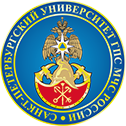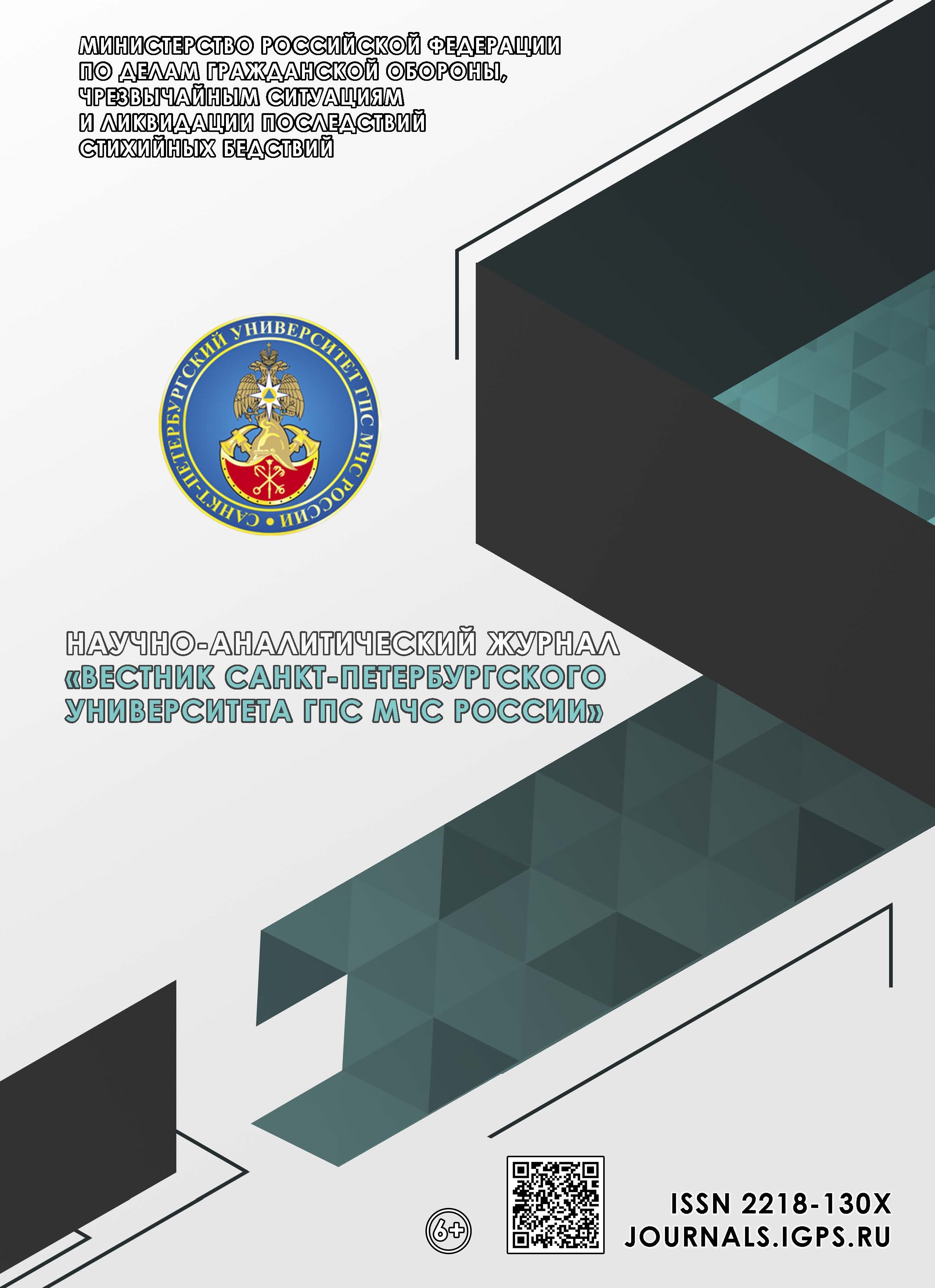Russian Federation
Russian Federation
Russian Federation
The article is an approach to the complex solution of problems related to the monitoring of leash-hazardous areas, including those related to the possible deterioration of the ice situation. In conditions of limited forces and means, time for decision-making, a set of controlled characteristics of the system, the question of the so-called definition of love plots becomes extremely important. Priorities can be determined based on various parameters, based mainly on the values of the risk of an event, taking into account the most adverse consequences and damage from the occurrence of an emergency, taking into account existing limitations and the impact of external factors. In this regard, the search for the optimal balance of the formation of a set of preventive measures aimed at preventing and further reducing the likelihood of an emergency and the consequences of its occurrence becomes an absolute task. This management task forms the basis of anti-crisis management of difficult-to-predict emergencies associated with floods.
decision-making, system analysis, crisis management, cluster analysis, optimal control problem
1. Antyuhov V.I., Ostudin N.V., Soroka A.V. Metodika vyyavleniya perechnya zadach intellektual'noj podderzhki deyatel'nosti dolzhnostnyh lic centrov upravleniya v krizisnyh situaciyah MCHS Rossii // Nauch.-analit. zhurn. «Vestnik S.-Peterb. un-ta GPS MCHS Rossii». 2016. № 4. S. 63-76.
2. Onov V.A. Model' informacionnoj podderzhki prinyatiya resheniya pri ocenke deyatel'nosti sotrudnikov MCHS Rossii // Pozharovzryvobezopasnost'. 2017. T. 26. № 2. S. 5-13.
3. Antyuhov V.I., Ostudin N.V. Algoritmizaciya deyatel'nosti dolzhnostnyh lic centrov upravleniya v krizisnyh situaciyah MCHS Rossii // Tekhnologii tekhnosfernoj bezopasnosti. 2017. № 2 (72). S. 220-228.
4. Antyuhov V.I., Ostudin N.V., Soroka A.V. Metodika analiza informacionnoj potrebnosti dolzhnostnyh lic centrov upravleniya v krizisnyh situaciyah MCHS Rossii // Prirodnye i tekhnogennye riski (fiziko-matematicheskie i prikladnye aspekty). 2016. № 4 (20). S. 18-28.
5. Krupkin A.A., Maksimov A.V., Matveev A.V. Programmnoe obespechenie sistemy podderzhki prinyatiya reshenij po upravleniyu silami i sredstvami garnizona pozharnoj ohrany // Problemy upravleniya riskami v tekhnosfere. 2015. № 4 (36). S. 75-81.
6. Prisyazhnyuk N.L., Shishkov Yu.A. Ocenka pozharnogo riska territorii Krasnoyarskogo kraya: sb. materialov Mezhdunar. nauch.-prakt. konf. M.: AGPS MCHS Rossii, 2018.
7. Vodahova V.A., Maksimov A.V., Matveev A.V. Kompleksnaya matematicheskaya model' processa upravleniya silami i sredstvami garnizona pozharnoj ohrany // Problemy upravleniya riskami v tekhnosfere. 2015. № 2 (34). S. 85-96.
8. Ivanov A.Yu., Skrebov V.N., Alekseeva E.V. Analiz sushchestvuyushchih sistem podderzhki prinyatiya reshenij i ih informacionnogo bazisa // Problemy upravleniya riskami v tekhnosfere. 2011. № 4 (20). S. 120-129.
9. Krupkin A.A., Maksimov A.V., Matveev A.V. Metodika ocenki effektivnosti upravleniya silami i sredstvami garnizona pozharnoj ohrany // Nauch.-analit. zhurn. «Vestnik S.-Peterb. un-ta GPS MCHS Rossii». 2015. № 4. S. 30-34.
10. Maksimov A.V. Analiz operativnoj deyatel'nosti podrazdelenij GPS MCHS Rossii // Prirodnye i tekhnogennye riski (fiziko-matematicheskie i prikladnye aspekty). 2015. № 1 (13). S. 67-73.







